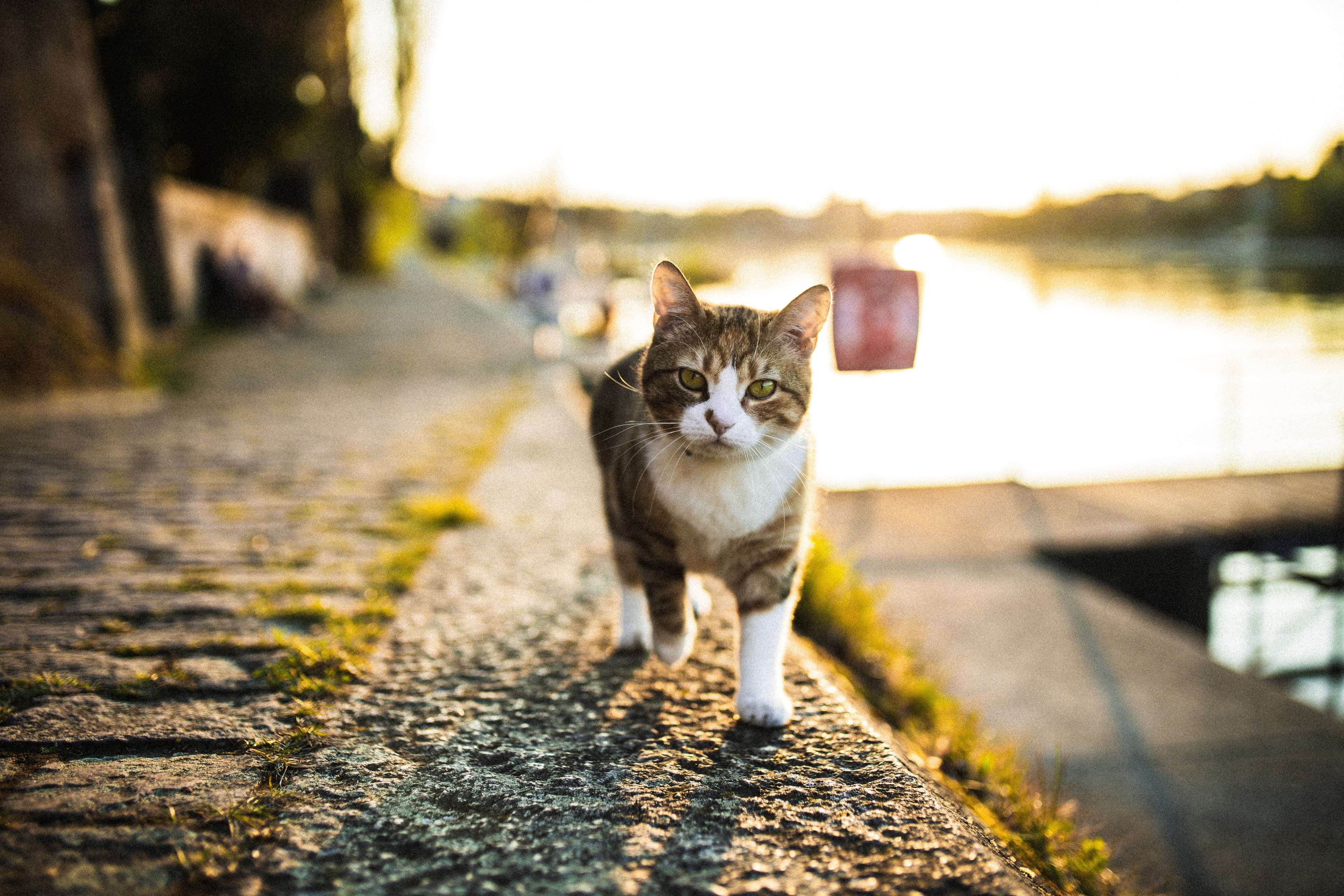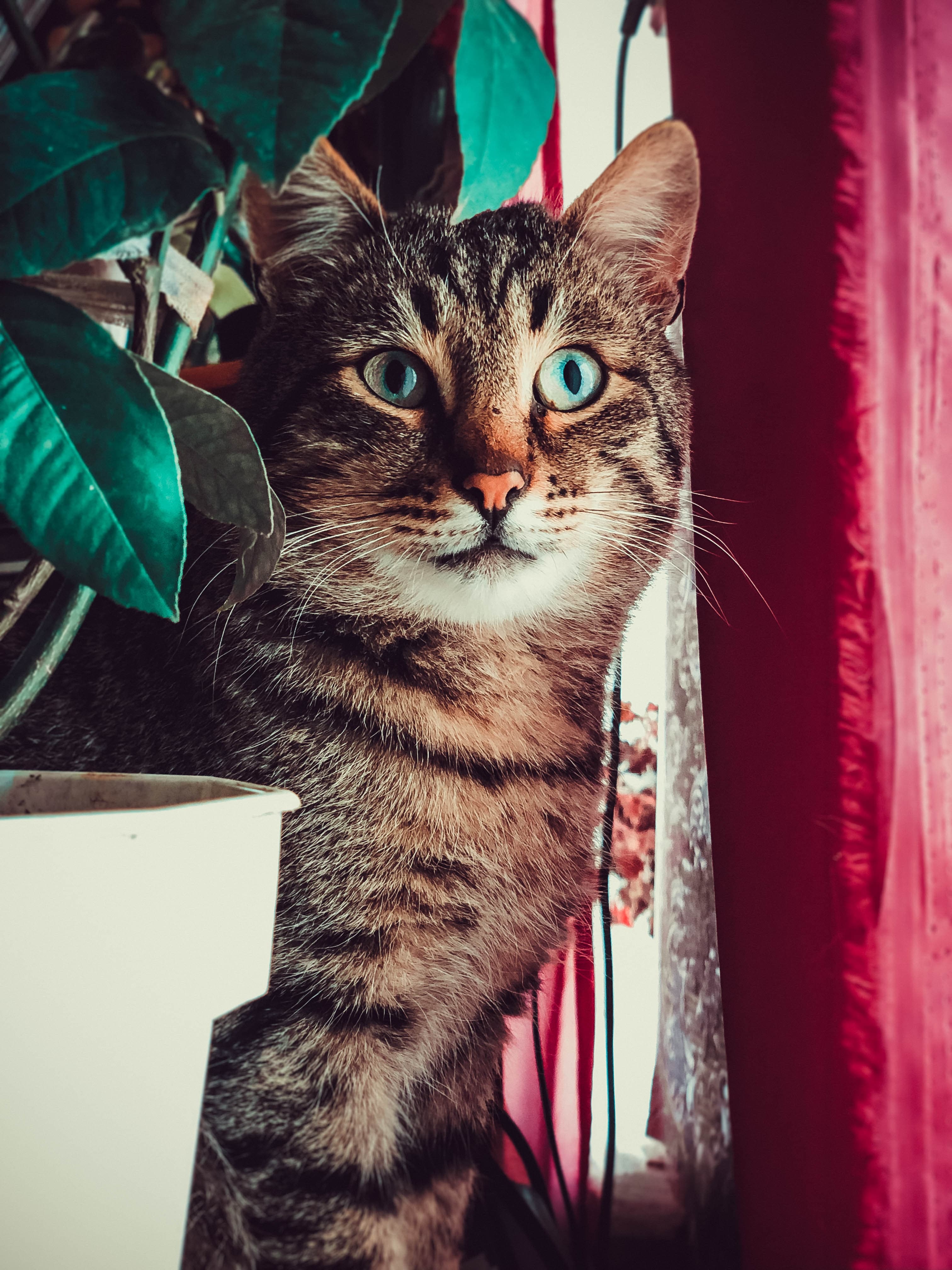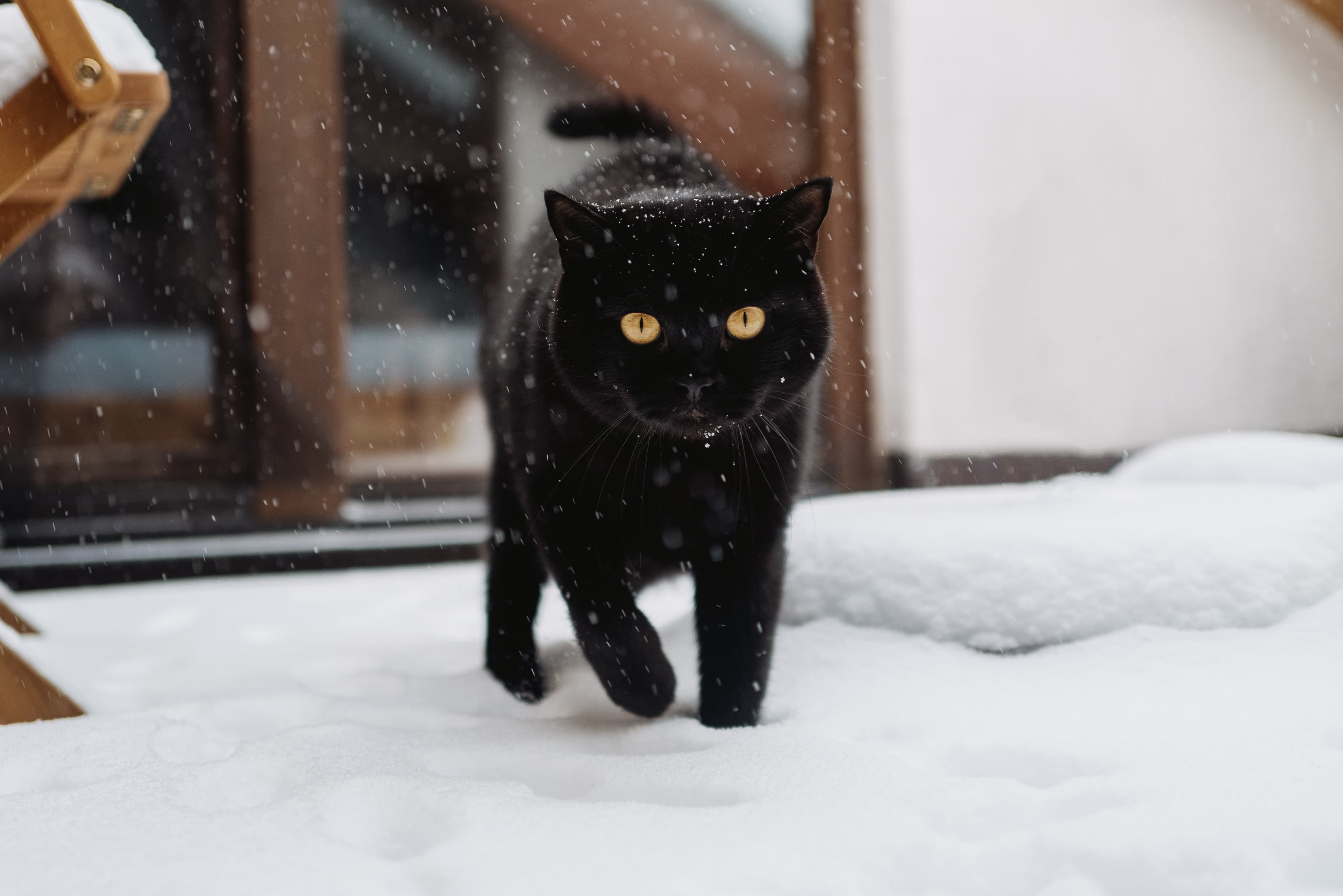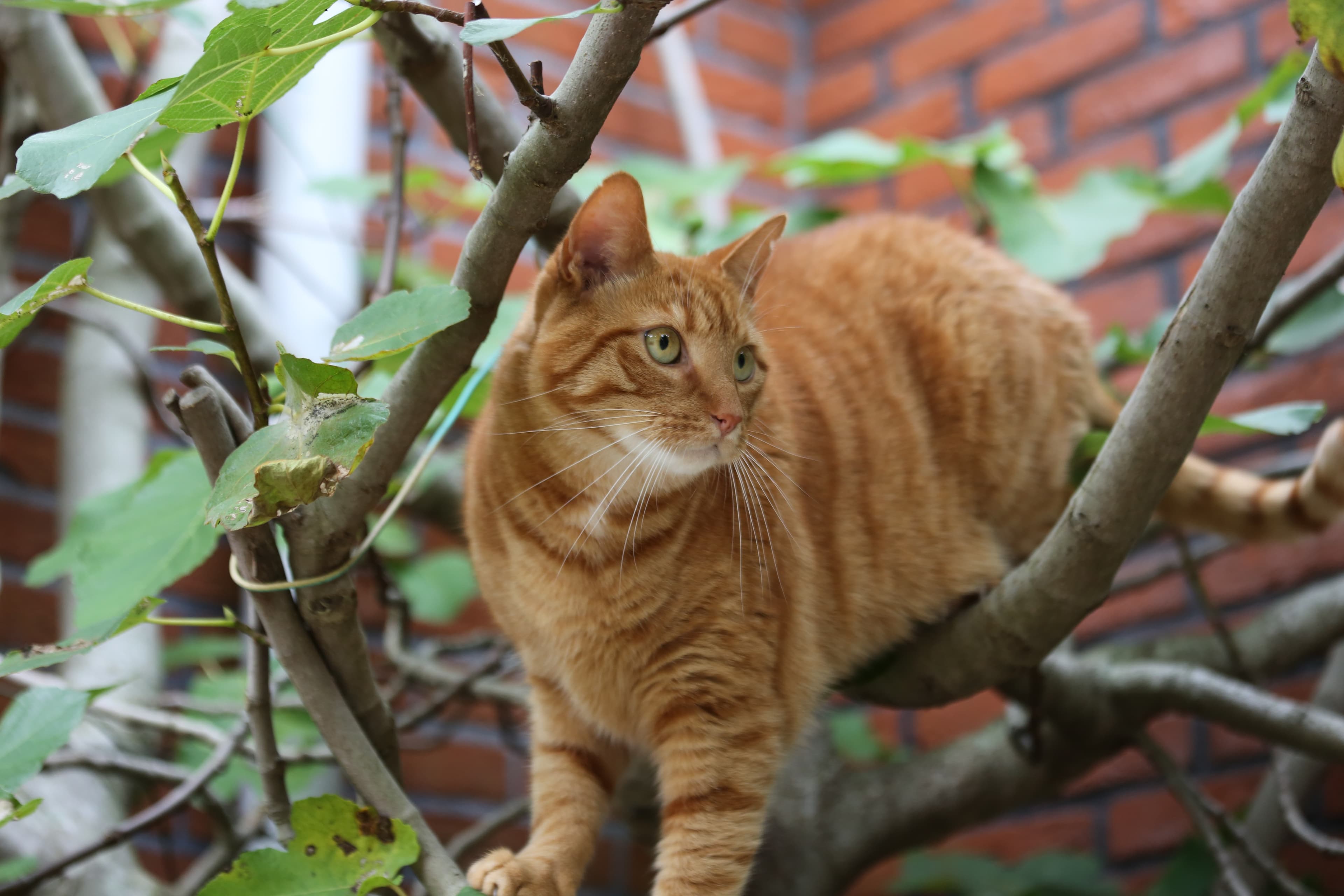Skin wounds
Cats, like other animals and humans, can suffer from skin wounds. These can be caused by a variety of things, but common causes include cat fights, or injuries from glass or other sharp objects in their environment. There can also be various reasons for skin wounds that aren't due to injury, such as allergies. Sometimes, skin wounds can appear without any obvious explanation!
Small, superficial wounds can often be treated at home with a chlorhexidine shampoo. Larger wounds or bites, however, need to be seen by a vet. Wounds can often be itchy, causing your cat to scratch. If wounds keep coming back, spread, or don't heal, consult a vet to find out why.
If your cat has a wound, it's important to prevent them from scratching or licking it. Licking increases the risk of complications, such as secondary infections and delayed healing. This is partly due to the bacteria in a cat's mouth and partly due to the friction from their rough tongue. Use a cone collar on your cat to stop them from licking the wound.
If you're treating a wound at home, keep a close eye on it. If it's not healing, or if it looks swollen, red, sore, or is weeping, take your cat to the vet for a check-up.
Make it a habit to regularly feel your cat's skin and paws. This helps you spot any sores early on, so your cat can get the treatment it needs sooner, before the wound has a chance to become infected.






